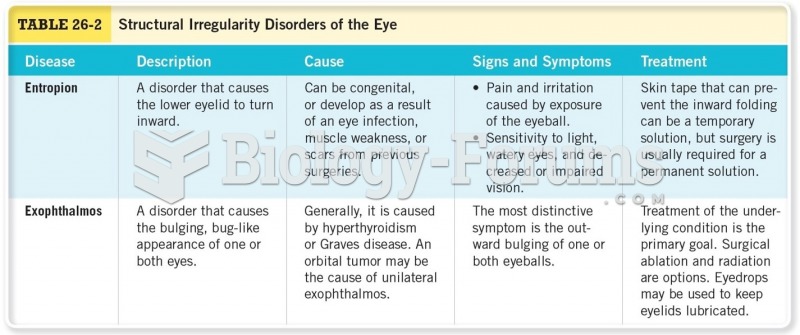This topic contains a solution. Click here to go to the answer
|
|
|
Did you know?
A seasonal flu vaccine is the best way to reduce the chances you will get seasonal influenza and spread it to others.
Did you know?
The average human gut is home to perhaps 500 to 1,000 different species of bacteria.
Did you know?
It is widely believed that giving a daily oral dose of aspirin to heart attack patients improves their chances of survival because the aspirin blocks the formation of new blood clots.
Did you know?
Asthma cases in Americans are about 75% higher today than they were in 1980.
Did you know?
There are approximately 3 million unintended pregnancies in the United States each year.
 Invasive species in Canada include (a) zebra mussels, Dreissena polymorpha, (b) sea lamprey, Petromy
Invasive species in Canada include (a) zebra mussels, Dreissena polymorpha, (b) sea lamprey, Petromy
 L. Frank Baum, author of The Wonderful Wizard of Oz (1900) and a fan of William Jennings Bryan, perh
L. Frank Baum, author of The Wonderful Wizard of Oz (1900) and a fan of William Jennings Bryan, perh




